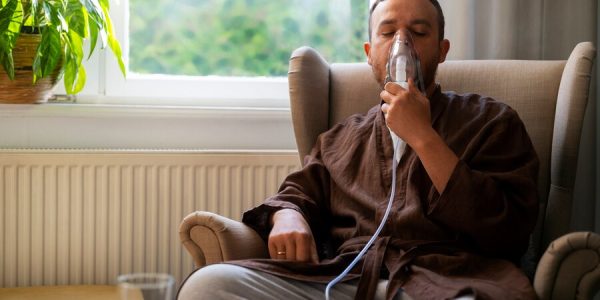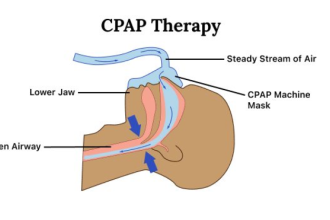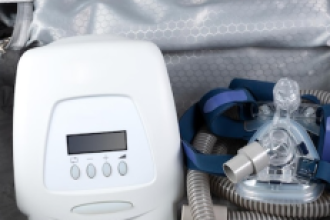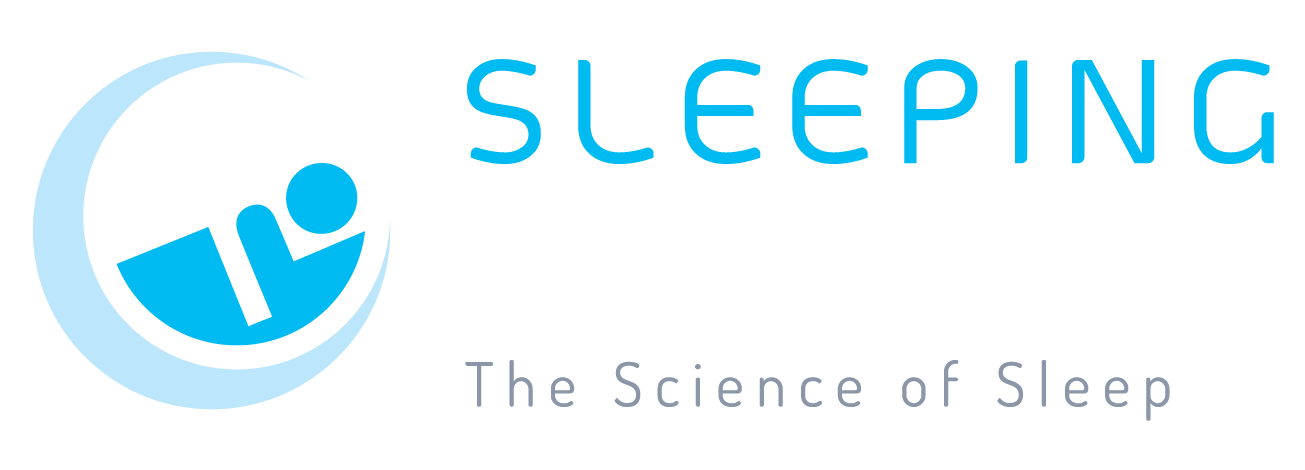Obstructive Sleep Apnea (OSA) – Causes, Symptoms & Treatment
Home » Obstructive Sleep Apnea (OSA) – Causes, Symptoms & Treatment
What is Obstructive Sleep Apnea (OSA)?
Do you often wake up feeling tired even after a full night’s sleep? This could be a sign of Obstructive Sleep Apnea (OSA), a serious sleep disorder where your breathing repeatedly stops and starts during the night.
The good news is that there are solutions available to improve the condition. By treating sleep apnea, you can significantly reduce your symptoms, benefitting your health and quality of life.
Obstructive Sleep Apnea is a common sleep-related breathing disorder where the muscles in your throat relax too much during sleep. This causes a partial or complete blockage of your upper airway, leading to repeated pauses in your breathing.
Unlike central sleep apnea, where the brain fails to send the right signals to your breathing muscles, OSA is a physical obstruction that can last for ten seconds or longer.
Common Causes of Obstructive Sleep Apnea

Various factors contribute to the condition. Here are some of the most common obstructive sleep apnea causes:
- Excess weight: Extra tissue, especially around the next, can narrow and compress the airway, making it more prone to collapse during sleep. Individuals with a BMI exceeding 30 tend to be at higher risk.
- Neck anatomy: A larger neck circumference (over 17” for men and 16” for women) may indicate a narrower airway.
- Nasal issues: Upper airway or facial abnormalities, such as a deviated septum, can increase the risk of an obstruction.
- Genetics: Being male or having a family history of Obstructive Sleep Apnea significantly increases your risk.
- Medical conditions: Conditions like hypertension, endocrine, and metabolic disorders are often linked to OSA.
- Lifestyle: Alcohol consumption and smoking can cause throat muscles to relax excessively, leading to airway collapse.
Signs and Symptoms of Obstructive Sleep Apnea

The signs and symptoms of Obstructive Sleep Apnea often go unnoticed because they happen while you are asleep. Therefore, it is helpful to be aware of the following indicators that may suggest you have the condition:
- Loud snoring: Snoring is a primary symptom, resulting from air being forced through a partially blocked airway.
- Gasping or choking: You may wake up gasping for air as your body reacts to the lack of oxygen during an apnea or breathing pause.
- Dry mouth: Waking with a dry mouth or sore throat can be a result of breathing through your mouth due to an obstruction.
- Daytime fatigue: Poor sleep quality leads to excessive daytime sleepiness, impacting your concentration and energy levels.
- Irritability: The ongoing lack of restorative sleep can negatively affect your mood, causing increased irritability and mood swings.
Why Treating Sleep Apnea is Crucial
Untreated sleep apnea can pose a significant risk to your long-term health. The repeated drops in blood oxygen levels can lead to serious health complications, including high blood pressure, heart issues, stroke, and diabetes.
As such, it is crucial to take the necessary steps toward treating sleep apnea. By addressing your sleep apnea, you can reduce these risks, improve your sleep quality, and enhance your overall well-being.
How Diagnosis Works: Sleep Apnea Test
Here’s how we make the process of getting a clear diagnosis simple for you at The Sleeping Lab:

1. Consultation: We begin with a detailed consultation to discuss your symptoms and medical history.

2. Sleep apnea test: We conduct an overnight polysomnography to monitor your breathing, oxygen levels, and other vital signs.

3. Personalised treatment: Our specialists analyse the results to develop a tailored treatment plan just for you.
Effective Treatment Options for OSA
There are various options for treating sleep apnea that can be tailored to your specific needs, depending on the severity of your condition.

Continuous Positive Airway Pressure (CPAP) Therapy
CPAP therapy is one of the most effective solutions for treating sleep apnea. It involves wearing a mask connected to a machine that delivers a constant stream of air.
This gentle air pressure acts as a pneumatic splint, keeping your airways open while you sleep and ensuring you get the restorative rest you need.

Oral Appliances
For mild to moderate cases, oral appliances like mandibular advancement devices (MADs) and tongue repositioning devices may be an effective solution. These custom-fitted dental devices are used to reposition the lower jaw and tongue to prevent airway obstruction during sleep. This helps to reduce snoring and alleviate apnea events.

Lifestyle Changes
In some cases, simple lifestyle changes can help treat sleep apnea. For example, losing weight can reduce excess tissue around the throat that contributes to airway obstruction.
Similarly, adjusting your position to sleep on your side instead of your back can also help, as this posture can cause the tongue and soft palate to collapse and block your airway.

Surgery
For more severe cases of Obstructive Sleep Apnea where other treatments have not been successful, surgery may be an option.
Procedures that involve tissue removal or jaw repositioning can be performed to physically alter the structure of your airway, creating more space and preventing blockages from occurring.
Why Choose Sleeping Lab for OSA Diagnosis and Treatment
Choosing The Sleeping Lab for your Obstructive Sleep Apnea diagnosis and treatment means choosing a path to better sleep health and well-being. Here’s what sets our sleep clinic in Malaysia apart:
- Extensive expertise: Our team of experienced sleep specialists bring the deep knowledge needed to ensure an accurate diagnosis and treatment plan for you.
- Advanced diagnostics: We use state-of-the-art equipment to provide accurate and detailed sleep apnea tests for a precise diagnosis.
- Affordable packages: We offer a range of comprehensive and affordable packages to make quality sleep care accessible to everyone.
- Personalised plans: We develop tailored treatment plans that are specific to your individual needs and lifestyle.
Take your first step to better sleep today!
Frequently Asked Questions About Obstructive Sleep Apnea
While exercise and other lifestyle adjustments can significantly improve sleep apnea symptoms, they may not provide a complete cure for the condition in all cases.
However, they can be very effective in managing mild to moderate Obstructive Sleep Apnea and are often recommended alongside other medical treatments.
Although not all forms of sleep apnea can be completely cured, they can be effectively managed. The most effective approach involves a combination of lifestyle adjustments, such as weight loss and exercise, and medical treatments like CPAP therapy or custom-fitted oral appliances.
Pay attention to symptoms like loud snoring, pauses in your breathing while you sleep, gasping for air, and waking up with a dry mouth or headache. If you experience these signs or excessive daytime sleepiness, we recommend that you consult a sleep specialist in Malaysia or schedule a professional sleep apnea test.
Sleep apnea is typically diagnosed through a professional sleep apnea test, also known as a sleep study or polysomnography. The test, which can be done at a sleep clinic or at home with a portable kit, monitors various bodily functions during sleep to identify periods of stopped or shallow breathing.
The most common and effective approach to treating sleep apnea is Continuous Positive Airway Pressure (CPAP) therapy. A CPAP machine delivers a constant stream of air to keep your airway open while you sleep.
Other effective options include oral appliances, surgery, and lifestyle changes, depending on the severity of your condition.
Don’t Let Sleep Apnea Disrupt Your Life – Get Tested Today
Take control of your sleep and health – book a professional consultation and sleep apnea test with The Sleeping Lab today.




